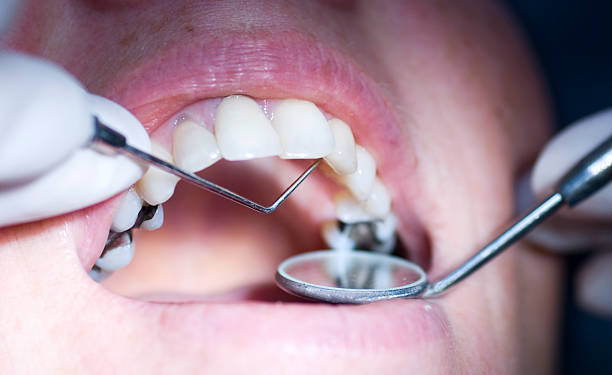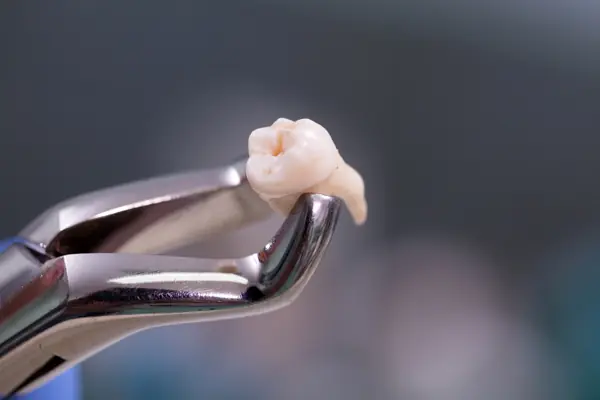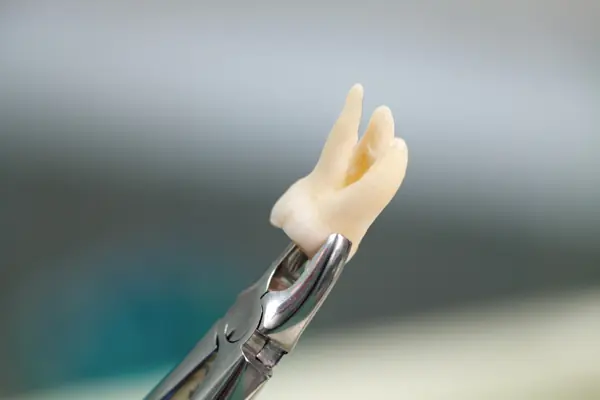The Psychology of Letting Go: What Tooth Extractions Reveal About Patient Trust
Getting a tooth pulled isn’t just about drills, gauze, and numbing gel. It’s a moment of deep trust—one where a patient hands over control to someone holding sharp tools near their face. Sounds intense? That’s because it is.
Tooth extractions, while routine for dentists, are loaded with emotion for patients. Fear, vulnerability, and even shame show up in that chair. But what’s fascinating is how much this one procedure reveals about human psychology—especially trust.
Why do some people relax and follow every instruction, while others tense up or second-guess everything? The answers say a lot more about us than we might expect.
How Does Patient Trust Influence The Decision to Proceed With a Tooth Extraction?
When a dentist recommends an extraction, they’re doing so with a clinical rationale—perhaps the tooth is non-restorable, cracked beyond repair, infected, or compromising adjacent teeth. But for the patient, the calculus is more complicated.
Trust becomes the gateway to acceptance.
Even the most fact-based diagnosis will falter if the patient doesn’t feel emotionally safe. Without trust, doubts creep in: Is this really necessary? Is there another option? Is the dentist just trying to make money off me? But when trust is present, patients are more likely to hear the full story and understand that removal isn’t failure—it’s care.
What trust looks like in the context of an extraction:
- Believing the dentist has their best interest at heart
Patients are more receptive when they feel the recommendation is driven by compassion, not profit. - Understanding the logic behind the decision
Trust is strengthened when dentists explain the “why” in clear, empathetic language—not just dental jargon. - Feeling part of the decision-making process
Patients trust providers who collaborate rather than dictate. - Confidence in the skill and experience of the practitioner
When patients feel they’re in capable hands, their fear often gives way to acceptance.
Trust doesn’t make the extraction painless—but it does make it possible. It shifts the moment from something being done to the patient, to something they are choosing to do for their own health.
What Psychological Factors are Involved When Patients Face Dental Extractions?
While clinical criteria may guide the dentist’s recommendation, patients bring a whole world of emotional responses, personal histories, and psychological wiring into that moment. The idea of losing a tooth isn’t just a dental concern—it’s deeply tied to identity and fear.
Common psychological layers at play:
- Fear of pain
Despite modern anesthesia, many patients carry deep-rooted fears from childhood or past negative experiences. - Loss aversion
Psychologically, humans are wired to fear loss more than we value equivalent gains. Losing a tooth, even a damaged one, can trigger disproportionate anxiety. - Shame or embarrassment
Some patients feel that needing an extraction is a personal failure, especially if the damage is related to neglect, diet, or anxiety-driven avoidance of care. - Body integrity and self-image
Even though teeth aren’t visible all the time, they’re part of how we see ourselves. Removing one can feel like losing a small part of our identity. - Control
Dental visits inherently place patients in a vulnerable position—reclined, unable to speak, often anxious. The suggestion of extraction can feel like one more loss of control unless properly framed.
The emotional terrain is real. Ignoring it—or trying to “push through it” with facts and numbers—often backfires. Addressing it with empathy is what transforms the experience from traumatic to tolerable.
Why Do Some Patients Feel Anxiety Around Tooth Removal Despite Professional Reassurance?
You can explain the procedure. You can show the x-rays. You can list the benefits. And yet, the patient still hesitates. Why?
Because anxiety isn’t rational—it’s emotional.
Even the most informed, educated patients can experience deep discomfort at the thought of a tooth being removed. That discomfort doesn’t always come from the procedure itself—it stems from the meaning the patient attaches to it.
Key reasons anxiety persists, even after reassurance:
- The unknown still looms
Even with explanations, patients may fear unexpected sensations, side effects, or complications. - Past trauma takes priority
A patient who once experienced pain during a filling may associate all dental procedures with fear, even if this one will be different. - Social influences
Horror stories from friends, family, or the internet often drown out professional reassurance. - Fear of “what comes next”
Patients may not fear the extraction as much as the idea of missing a tooth, needing a denture, or adjusting to a new smile. - Deep-seated dental phobia
For some, the dental setting itself is anxiety-inducing, regardless of the procedure’s scale.
Professional reassurance is necessary, but it’s not always sufficient. Patients don’t just need to know they’ll be okay—they need to feel it. That requires more than just confidence. It requires connection.
How Do Dentists Build Emotional Confidence During Extraction Consultations?
Dentists are trained in science—but the best ones become experts in emotional intelligence too. When it comes to extractions, emotional confidence is the bridge that carries the patient from indecision to acceptance.
Building that confidence takes time, intention, and empathy—but it yields powerful results. Patients feel safer, more respected, and more likely to follow through with the care they truly need.
How dentists build emotional trust during extraction conversations:
- They listen first
A dentist who pauses to hear the patient’s fears or backstory signals respect, not just clinical authority. - They use visual aids wisely
Showing x-rays, photos, or diagrams helps demystify the issue without overwhelming. - They normalize the experience
“You’re not alone—many patients feel this way,” goes a long way in reducing shame and fear. - They discuss options without pressure
When patients feel they have choices—whether it’s timing, sedation, or replacement—they feel more in control. - They share success stories
Letting patients know others have gone through similar situations and come out the other side with relief and confidence provides emotional grounding. - They offer post-op clarity
Knowing exactly what to expect after the procedure reduces anxiety tied to recovery and potential complications.
Great dentists don’t just extract teeth. They extract fear, shame, and confusion—and replace it with trust, clarity, and confidence.
Extraction Isn’t Just a Dental Event—It’s a Trust Test
Tooth extractions aren’t just about oral health. They’re about emotional readiness. About the psychology of letting go. About knowing when to release what’s no longer serving you—and having the courage to trust someone else to guide you through that process.
For patients, that moment reveals how they cope with fear, change, and vulnerability. For dentists, it’s a chance to show that care goes beyond drills and forceps—it’s about connection, communication, and compassion.
So the next time you hear a patient say, “I’m just not ready,” remember: it’s not always about the tooth. It’s about what that tooth represents—and the trust required to let it go.
At Crescent Family and Cosmetic Dentistry of Columbia, we understand that every extraction is more than a clinical task—it’s a deeply personal journey. That’s why we focus not just on procedures, but on people. Whether you’re nervous, uncertain, or just need someone to listen—we’re here for you, every step of the way. Schedule a consultation today, and experience the difference of dentistry built on trust.



